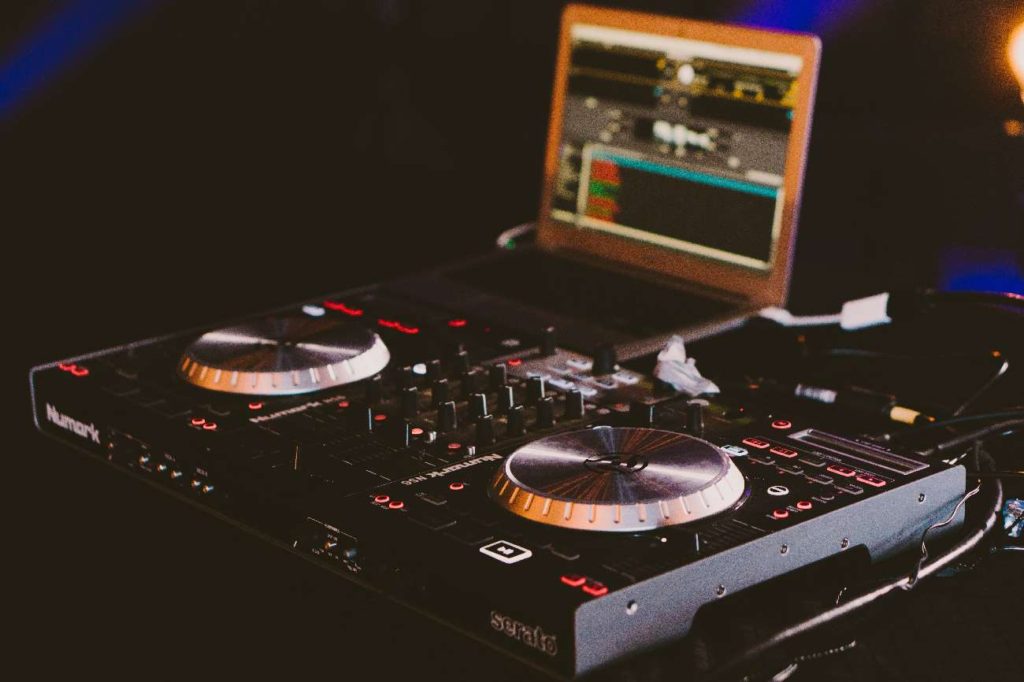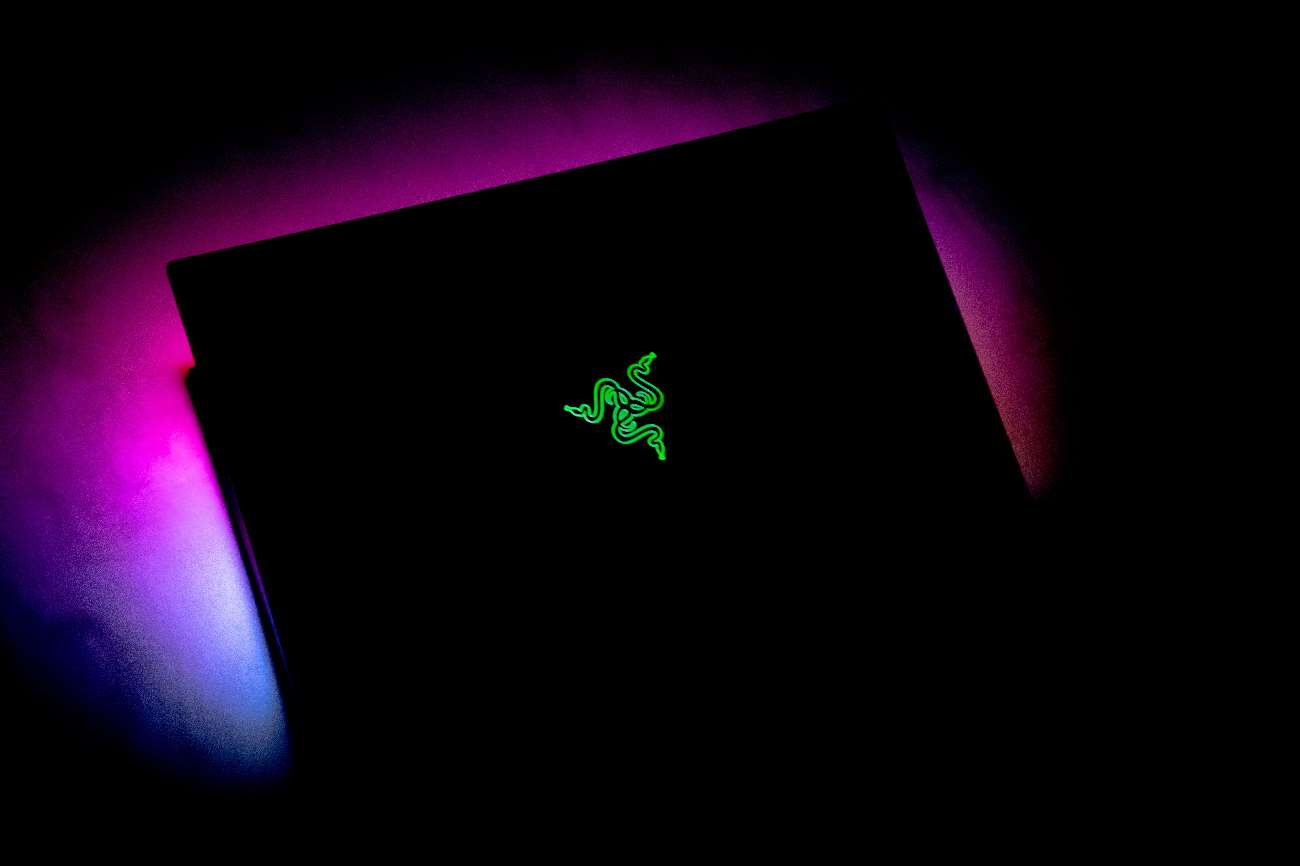Laptops are ubiquitous in the modern world; they can be used for live streaming, video editing, gaming, music production, etc. Gamers place some of the highest demands on their laptops among laptop users. Hence, their laptops have some of the most impressive spec sheets known to man.
However, the question remains whether the added functionality in gaming laptops translates to other functions. This article will tell you whether gaming laptops are a good choice for mixing engineers and the like and reveal the most important factors when purchasing a laptop for music production.
Are Gaming Laptops Good for Music Production
Gaming laptops are an excellent choice for music production. This is because many of the features that make a good gaming laptop are also peculiar to music production. The most important features for a gamer can be said to be the processor, graphics processing unit, random access memory (RAM), disk storage, battery life, and screen size.
In comparison, the features most needed for music production are the processor, random access memory, disk storage, screen size, battery life, and the various ports on the laptop.
What to Look for in a Music Production Laptop and Why

The Processor
This is arguably the single most important factor to consider when purchasing a laptop for music production, and the same is true when purchasing one for gaming. The processor contains the central processing unit (CPU), which computes the thousands or millions of operations needed to carry out these tasks.
Gaming laptops need a powerful central processing unit because they need to be able to render graphics identical to reality seamlessly. In contrast, laptops for music production need to perform their operations at pace with (or faster than) live performances.
This means they need to not only take in the data coming into them from the sound engineer and the artiste but also deliver the results before the artiste and sound engineer have time to give them any new instructions.
This is why many digital audio workstations, the software needed for music production, have significant processor requirements. For example, Pro Tools Ultimate recommends a Core i9 processor as its minimum system requirement. For context, someone who uses their laptop for word processing only can skate by with a Core i3 processor.
Random Access Memory
Random access memory is the part of your laptop that stores the information about the processes you are carrying out while they are being carried out. It stops your laptop from getting lost along the way by remembering all the previous steps. It also allows you to do many things on your laptop at once.
Gaming laptops need this because a video game has millions of tiny processes run all at once; for instance, a process makes a character smile, and another makes their legs move. In comparison, when producing music, you will need to splice and mix multiple tracks while managing tens of plugins and the like. This is why digital audio workstations consume a lot of random access memory.
For example, Pro Tools Ultimate recommends 32GB of random access memory or more, while 4GB of random access memory is what you find on a word-processing laptop. However, 16GB is enough if one is using less storage-demanding software.
Disk Storage
The disk storage of a laptop is important because of the number of files you will be working with and how quickly you will need to be able to access those files. If you plan to use a laptop for music production for a significant amount of time, you will build up a collection of thousands of music files, WAV files, virtual studio technology (VST) plugins, etc.
Each time you use a laptop for music production, these sorts of files will be added to its storage, and it is important to have enough disk storage if you want to keep up. Gaming laptops have a sufficient amount of disk storage because video games also require a large amount of storage to store their installation files.
For example, Grand Theft Auto V needs 95GB for installation, while word processing laptops may only have 128GB of free space. For music production, you also need to be able to access these files quickly.
While a laptop with a hard disk drive (HDD) can offer more space at a lower price, a solid-state drive (SSD) is preferable for daily use with plugins because they make the laptop faster and have lower recording latency. Solid-state drives also make less noise, a factor you might need to consider when trying to listen to subtle differences in sounds.
As such, it is advisable to get at least 1TB of hard disk drive storage on a music production laptop or 512GB of solid-state drive storage along with an external hard disk drive. The latter arrangement allows the user to store plugins, the digital audio workstation, and samples on the solid-state drive while storing everything else on the external hard disk drive.
Screen Size
Gaming laptops have large screen sizes because they need them to show the minute details present in the games with the best graphics. Music producers also need these sorts of screen sizes because of the number of things they do at the same time. They must use multiple virtual studio technology plugins while accessing even more audio and Wav files.
Technically, this can be done with any screen size, but doing this with a small screen would be cumbersome and would waste precious time in the recording studio. Hence, a wide 15-inch screen would be suitable for music production.
Battery Life
Live sound engineers and other professionals that produce music at concerts and live performances may not have access to a convenient power source, especially when in transit from one location to the other. That is why the battery life of a laptop used for music production must be considered.
In addition, the more powerful a processor is, the faster it drains batteries, and music production requires powerful processors. Gaming laptops generally have good battery lives because these laptops rely greatly on graphics processing units to generate onscreen images, and these graphics processing units consume power far faster than the central processing units.
Most concerts last around 3 hours, so battery life of 5-6 hours would be sufficient.
Ports
Music production laptops need to have a lot of universal serial bus (USB) ports along with ports for an audio jack, high definition multimedia interface (HDMI), etc. These ports allow music producers to control devices used in sound creation, such as dongles, drives used to store music, musical instrument digital interface (midi) controllers, etc.
Gaming laptops have these ports because gamers also need to connect devices like speakers and separate monitors to their laptops.
Final Thoughts
Gaming laptops are generally a good choice for music production because the requirements for gaming greatly overlap with the requirements for music production. Specifically, gaming laptops need to have powerful processors, large amounts of random access memory, large amounts of disk storage, large screens, and long battery life. These are all features needed in a laptop used for music production.

